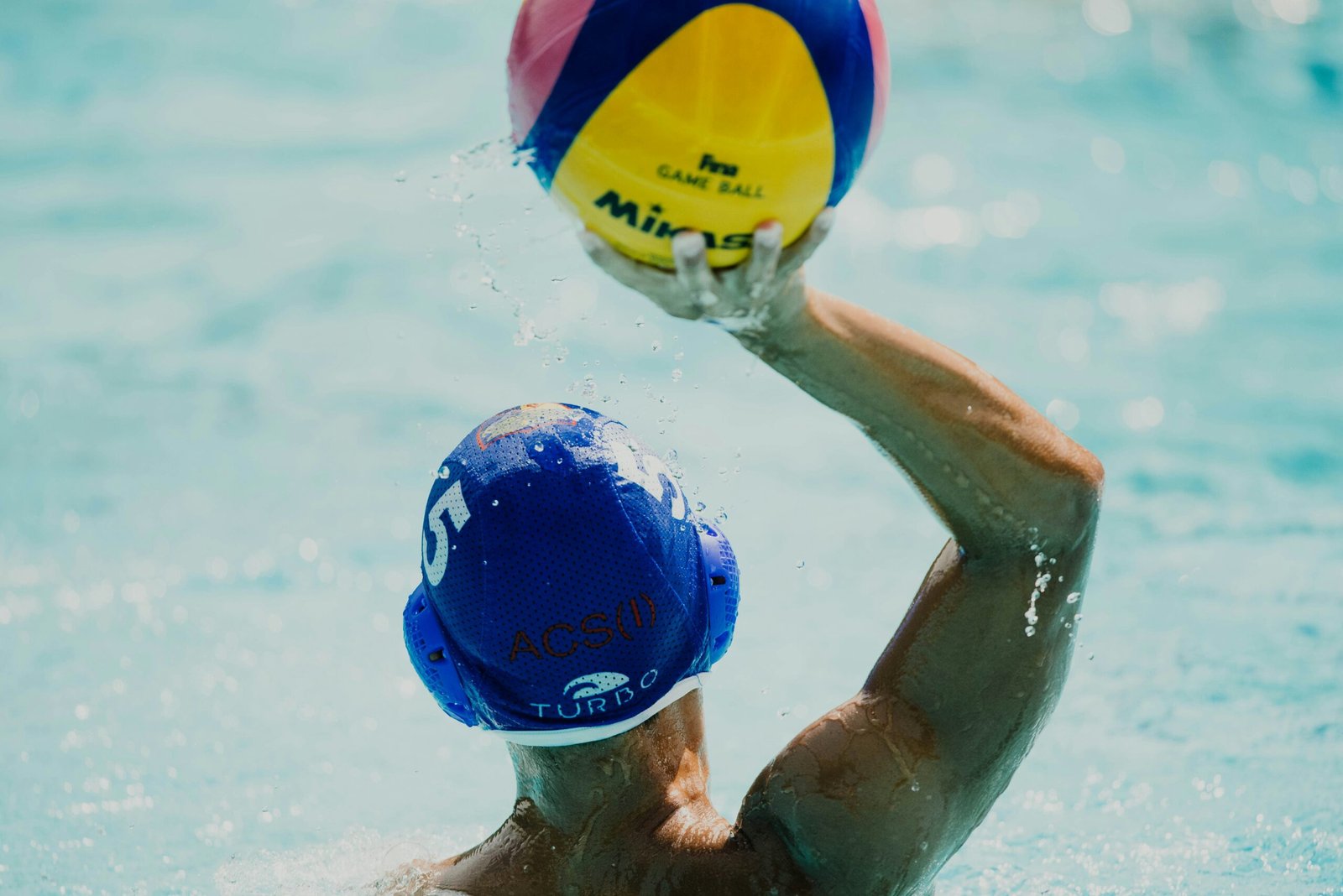
Olympic hockey has a rich and storied history that dates back to the early 20th century. The sport made its debut at the Summer Olympics in 1908, but it wasn’t until the 1920 Antwerp Games that ice hockey became a permanent fixture in the Winter Olympics. Since then, Olympic hockey has grown in popularity and has become a highly anticipated event for both players and fans alike.
Over the years, Olympic hockey has seen many memorable moments and legendary players. One of the most iconic moments in Olympic hockey history occurred in 1980, when the United States team, made up of amateur and collegiate players, defeated the heavily favored Soviet Union team in what is now known as the “Miracle on Ice.” This victory not only showcased the skill and determination of the American team but also symbolized the Cold War tensions between the two nations.
Another significant aspect of Olympic hockey is the international competition it fosters. The tournament brings together teams from around the world, allowing players to represent their respective countries and compete against the best of the best. This aspect of Olympic hockey adds an extra layer of excitement and national pride to the sport, as fans cheer on their favorite teams and players.
Furthermore, Olympic hockey serves as a platform for up-and-coming players to showcase their talent on a global stage. Many young athletes dream of representing their country in the Olympics, and the tournament provides them with an opportunity to prove themselves and catch the attention of professional scouts. For some players, a standout performance in the Olympics can be a springboard to a successful professional career.
Moreover, the significance of Olympic hockey extends beyond the sport itself. The tournament has the power to unite people from different nations and cultures, fostering a sense of camaraderie and sportsmanship. It serves as a reminder that, despite our differences, we can come together and celebrate the universal language of sports.
In conclusion, Olympic hockey has a long and illustrious history that has shaped the sport into what it is today. From its humble beginnings to its current status as a global phenomenon, the tournament has captivated audiences and provided countless unforgettable moments. Whether it’s the fierce competition, the international rivalries, or the sense of unity it inspires, Olympic hockey continues to hold a special place in the hearts of fans around the world.
As the popularity of Olympic hockey grew, so did the level of competition. More countries began to recognize the importance of the sport and started investing in the development of their national teams. This led to an increase in the overall skill level of the players and a more intense and exciting tournament.
The Olympic ice hockey tournament became a stage for some of the most memorable moments in the sport’s history. From the “Miracle on Ice” in 1980 when the United States defeated the heavily favored Soviet Union, to the dominance of the Canadian teams in the 21st century, the Olympic hockey tournament has provided fans with countless unforgettable moments.
In addition to the on-ice action, the Olympic hockey tournament also became a platform for promoting peace and unity. During the height of the Cold War, the tournament served as a battleground for political ideologies, with the United States and the Soviet Union facing off in a battle for supremacy. However, despite the intense rivalry, the tournament also showcased moments of sportsmanship and camaraderie, as players from different countries came together to compete in the spirit of fair play.
As the tournament continued to grow, so did the format and structure of the competition. In 1998, the International Ice Hockey Federation (IIHF) introduced the inclusion of professional players in the Olympics, allowing NHL players to represent their countries. This change elevated the level of play even further, as the best players in the world competed for Olympic gold.
However, the inclusion of professional players also brought about some challenges. The NHL’s decision to pause its season during the Olympics led to scheduling conflicts and debates over player participation. In recent years, the NHL has chosen not to send its players to the Olympics, resulting in a tournament that features a mix of professional and amateur players.
Despite these challenges, the Olympic hockey tournament remains a highly anticipated event, with fans around the world eagerly awaiting the opportunity to witness their favorite players compete on the international stage. The tournament continues to provide a platform for nations to showcase their hockey prowess and for players to etch their names in the history books as Olympic champions. Whether it’s the fierce rivalries, the thrilling upsets, or the moments of sportsmanship, Olympic hockey has become an integral part of the Winter Games, captivating audiences and inspiring future generations of hockey players.
The Miracle on Ice
One of the most iconic moments in Olympic hockey history is the “Miracle on Ice.” It refers to the stunning victory of the United States over the Soviet Union at the 1980 Winter Olympics in Lake Placid, New York. The Soviet Union was considered unbeatable at the time, having won the gold medal in the previous four Olympics.
The game between the United States and the Soviet Union was a David vs. Goliath matchup. The young and inexperienced American team faced off against the seasoned Soviet team, which was made up of professional players. Despite the odds stacked against them, the United States pulled off a remarkable upset, defeating the Soviet Union 4-3 in a game that captured the imagination of the world.
The victory was not only significant for the United States but also had broader political implications. At the time, the Cold War was at its peak, and the United States and the Soviet Union were locked in a tense rivalry. The “Miracle on Ice” became a symbol of American resilience and a blow to Soviet dominance. It was a moment of national pride for the United States, as the underdog team had overcome seemingly insurmountable odds to achieve victory.
Furthermore, the game itself was a display of exceptional skill and determination. The American players, led by coach Herb Brooks, executed a strategic game plan that focused on speed and teamwork. They played with an intensity and passion that caught the Soviet team off guard. The victory was not a fluke; it was the result of months of rigorous training and preparation.
The “Miracle on Ice” not only showcased the skill and determination of the American team but also symbolized the triumph of the underdog. It remains one of the most memorable moments in Olympic history and solidified the status of Olympic hockey as a global phenomenon. The victory inspired a new generation of hockey players in the United States and sparked renewed interest in the sport. It also served as a reminder that anything is possible with hard work, dedication, and belief in oneself.
Format and Rules
The format and rules of Olympic hockey have evolved over the years to ensure fair competition and showcase the best talent. The tournament typically consists of 12 teams divided into three groups. The teams compete in a round-robin format, with the top four teams from each group advancing to the knockout stage.
The knockout stage consists of single-elimination matches, leading up to the gold medal game. Overtime and shootouts are used to determine a winner if a game ends in a tie during the knockout stage. The team that wins the gold medal is crowned the Olympic champion.
As for the rules, Olympic hockey follows the same basic rules as traditional ice hockey. However, there are some differences to accommodate the international nature of the tournament. For example, the size of the rink is larger than the standard NHL rink, and there are restrictions on the number of players from each country’s professional league that can participate.
In addition to these differences, there are also specific rules regarding player eligibility. To participate in Olympic hockey, players must meet certain criteria set by the International Ice Hockey Federation (IIHF). These criteria include being a citizen of the country they are representing and meeting age requirements. The IIHF also has rules in place regarding player transfers and dual citizenship, to ensure that teams are composed of players who have a genuine connection to the country they are representing.
Another important aspect of Olympic hockey is the use of international officiating. The tournament employs referees and linesmen from various countries to ensure impartiality and fairness. These officials are selected based on their experience and expertise in officiating international hockey games. They play a crucial role in enforcing the rules and maintaining the integrity of the competition.
Overall, the format and rules of Olympic hockey are designed to create a level playing field and provide an exciting and competitive tournament for both players and spectators. The combination of the round-robin format, knockout stage, and international rules make for a thrilling and unpredictable event, where anything can happen on the ice. Whether it’s a close game decided in overtime or a dominant performance by a powerhouse team, Olympic hockey never fails to captivate audiences around the world.
Impact and Legacy
Olympic hockey has had a significant impact on the sport and its players. For many athletes, representing their country at the Olympics is the pinnacle of their careers. Winning a gold medal is a lifelong dream for many hockey players and is often seen as the ultimate achievement.
The tournament has also served as a platform for players to showcase their skills and attract the attention of professional teams. Many Olympic hockey players have gone on to have successful careers in the NHL and other professional leagues around the world.
From a fan’s perspective, Olympic hockey is a thrilling spectacle that brings people together from all over the world. It is a chance to see the best players in the world compete against each other in a high-stakes tournament. The passion and intensity of the games create a unique atmosphere that is unmatched in other hockey competitions.
Moreover, the impact of Olympic hockey extends beyond the tournament itself. The Olympics have played a crucial role in the growth and development of the sport in many countries. The exposure and recognition that hockey receives during the Olympics inspire young athletes to take up the sport and aspire to reach the highest level of competition.
Furthermore, the success of Olympic hockey has paved the way for the establishment of international tournaments and leagues. The popularity of the sport on a global scale has led to the creation of events such as the World Cup of Hockey and the Champions Hockey League. These tournaments provide opportunities for players from different countries to come together and compete, fostering international camaraderie and promoting the sport’s growth.
Additionally, the legacy of Olympic hockey can be seen in the advancements made in the game itself. The tournament has often been a testing ground for new rules and innovations that later find their way into professional leagues. For example, the introduction of the shootout format in the 1998 Nagano Olympics was later adopted by the NHL to decide tied games. The Olympics have also been instrumental in promoting women’s hockey, leading to the establishment of the Women’s World Championship and the inclusion of women’s hockey in the Olympic program.
In conclusion, Olympic hockey has had a profound impact on the sport, its players, and its fans. It has provided a platform for athletes to showcase their skills, inspired the growth of the sport worldwide, and contributed to the development of new rules and innovations. The legacy of Olympic hockey will continue to shape the sport for generations to come.




